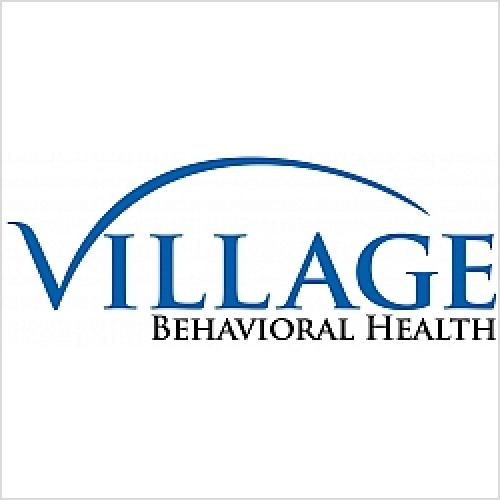FILTERS
Facility Amenities
Treatment and Services Offered
Languages offered
Accepted age groups
Insurance Providers
| Prev |
In 2013, 29% of adults in Tennessee reported having "poor mental health," according to a survey by the Henry J. Kaiser Foundation. Only 34% of adults who need public mental health services receive them, and 27% of high schoolers with mental health issues who receive special education services eventually drop out of school. Seeking proper care, though, makes it possible to lead a happy, fulfilling life.
Residential Treatment and Rehabilitation Centers
Residential facilities offer round-the-clock care, making them an ideal option for people struggling with substance abuse and suicidal thoughts, as well as those who want an escape from the stress of daily life.
Although residential treatment can be expensive, the Affordable Care Act—known colloquially as Obamacare—dictates that insurers are required to cover mental health care. If your symptoms qualify under your insurance plan, all or a portion of your stay in residential treatment could be covered.
Every residential facility is a bit different. Some are more akin to luxurious resorts, while others are solely focused on boosting your mental health. Focus on finding a place where you feel comfortable and welcome, and be sure to check the facility's online reputation. No matter where you go, though, you'll probably have access to, at minimum, the following services:
- Therapy sessions at least weekly.
- A drug and alcohol-free environment where peer pressure is greatly reduced and where you are partially shielded from the stress of the outside world.
- Group treatment programs that may include group therapy, support groups such as Narcotics Anonymous, and informal support networks from people who have faced challenges similar to your own.
- Medical management of any medical conditions you have, in addition to assistance managing your medications, finding the right treatment for your condition, and going through the detox process if you experience addiction.
- Enrichment activities that can help you master new skills, distract you from stress, and help the time in rehab seem shorter.
Some rehab facilities also offer outpatient care. At some places, this care is a less intensive form of treatment for former residents transitioning back to normal life. Other facilities, though, offer outpatient treatment in the form of therapy, support groups, and other services for non-residents.
Mental Health Care in Tennessee
According to Mental Health America's Parity or Disparity: The State of Mental Health in America, Tennessee ranks 25th among all states in overall mental health care quality. The state ranks slightly lower in terms of access, at 33rd among all states. Tennessee has one of the highest rates of suicidal thoughts in the nation, ranking 5th among all states, and the National Alliance on Mental Illness (NAMI) reports that nearly 900 Tennesseans die due to suicide each year.
Tennessee has a relatively low rate of emotional, behavioral, and developmental issues among children, ranking 42nd in the nation. The state places 44th in prevalence of substance abuse among adults. Its rate of substance abuse among minors, though, is much higher, placing the state 8th among all states. Children who don't receive good care can face a lifetime of challenges. About 70% of incarcerated children have a mental health issue, and 73% of female state prison inmates and 55% of male state prison inmates have at least one mental health condition.
Tennessee’s Demographics
Tennessee boasts a population of nearly 6.5 million. About 4.6% of the population is immigrants, compared to 12.9% nationwide. Sixty-seven percent of adults own their homes, and the median income is just over $44,000. Whites are the majority race, making up 79.1% of the population, and blacks comprise 17% of the population. Asian residents make up 1.6% of the population and American Indian and Alaska Natives making up just .4%.
References:
- By the numbers: Mental illness behind bars. (2014, May 15). Retrieved from http://kaiserhealthnews.org/news/by-the-numbers-mental-illness-jail/
- Mental Health America. (2014). Parity or disparity: The state of mental health in America, 2015. Retrieved from http://www.mentalhealthamerica.net/sites/default/files/Parity%20or%20Disparity%202015%20Report.pdf
- Percent of adults reporting poor mental health by race/ethnicity. (2013). Retrieved from http://kff.org/other/state-indicator/poor-mental-health-by-re/
- State Statistics: Tennessee. Arlington, VA: National Alliance on Mental Illness, n.d. PDF.
- Tennessee. (2014, December 4). Retrieved from http://quickfacts.census.gov/qfd/states/47000.html
